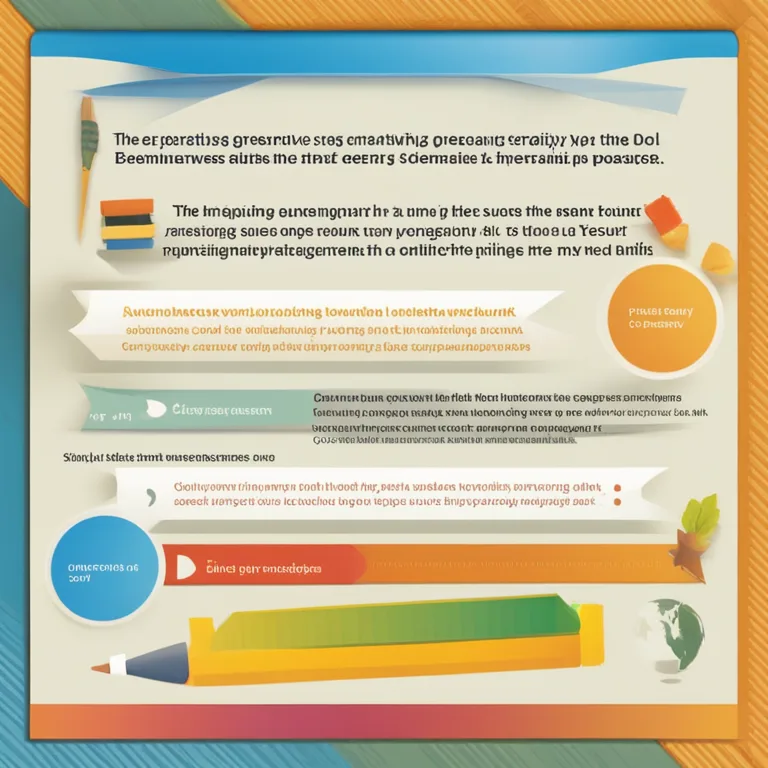
Mindfulness Meditation: Easing Intrusive Thoughts
Learn how to reduce the impact of intrusive thoughts with mindfulness meditation techniques, fostering a sense of mental peace and clarity.
article by Hina Kurosawa
Introduction to Mindfulness Meditation
Mindfulness meditation is an ancient practice that has gained significant popularity in the modern era as a way to reduce stress and improve mental well-being. At its core, mindfulness is the act of maintaining a moment-by-moment awareness of our thoughts, emotions, bodily sensations, and surrounding environment with openness and curiosity. It is particularly beneficial for individuals dealing with intrusive thoughts, which are unwelcome ideas, memories, or images that can cause significant anxiety and disrupt one's focus. In this article, we'll delve into how mindfulness meditation can help manage these difficult thoughts.

The Mechanism of Intrusive Thoughts
Intrusive thoughts are a common experience, yet they can become problematic if they persist and cause distress. They often stem from stress, anxiety, or emotional upheavals and can manifest in various forms, ranging from mild annoyance to debilitating worries. It's essential to understand that having intrusive thoughts does not reflect one's character or desires; rather, they are a natural occurrence within the human mind. However, when they become overwhelming, strategies like mindfulness meditation can offer relief by changing our relationship with these thoughts.

Mindfulness: A Path to Awareness
Mindfulness meditation encourages individuals to observe their thoughts without judgment or engagement. This non-reactive stance creates space between the person and their thoughts, allowing them to view these thoughts as transient mental events rather than reflections of reality. By regularly practicing mindfulness, one can learn to notice when intrusive thoughts appear and return their attention to the present moment, which is especially useful in decreasing rumination and anxiety.

Techniques to Manage Intrusive Thoughts
There are several mindfulness practices that can be effective for managing intrusive thoughts. One fundamental technique is the practice of focused attention, where individuals center their attention on a single point of reference, such as the breath. When intrusive thoughts emerge, the meditator acknowledges them and gently redirects their focus back to the breath. Other practices include body scans, which involve paying attention to various parts of the body and noticing any sensations without judgment, and mindful observation, which encourages noticing the environment or specific objects with a sense of curiosity and detachment.
Building a Mindfulness Routine
Consistency is key when using mindfulness to address intrusive thoughts. Establishing a regular meditation schedule helps to cultivate the skills required to manage these thoughts effectively. Starting with just a few minutes a day and gradually increasing the time can make the practice more approachable for beginners. While the path to mastery requires patience and perseverance, even short daily sessions can lead to noticeable improvements in how one handles intrusive thoughts.
Overcoming Challenges in Practice
It is not uncommon to face challenges when starting a mindfulness practice, such as difficulty concentrating or frustration with intrusive thoughts. It's important to approach these challenges with compassion and remember that the goal is not to eliminate thoughts but to become more aware of them. With continuous practice, individuals often find that their intrusive thoughts diminish in frequency and intensity, and they are better able to maintain their focus and composure throughout the day.
Conclusion: Embracing the Mindful Journey
Mindfulness meditation offers a powerful tool for managing intrusive thoughts and fostering a sense of mental calmness. By practicing non-judgmental awareness and redirecting attention to the present moment, individuals can reduce the impact of these thoughts on their daily lives. Remember, mindfulness is a journey, and each moment of awareness is a step toward a more serene mind.
Published: 1/8/2024
Modified: 1/8/2024
More predictions
Come back here soon to learn more about yourself and your future


Can Meditation Alleviate Symptoms of Depression?
Delve into the therapeutic potential of meditation for managing depression and enhancing mental well-being in this insightful article.


Finger Meditation: A Guide to Fingertip Harmony
Discover the transformative power of finger meditation techniques for inner harmony and mindfulness in this comprehensive guide.


The Power of Meditation: Enhancing Life with Inner Peace
Discover the profound benefits of meditation techniques for mental clarity, emotional balance, and overall wellness.